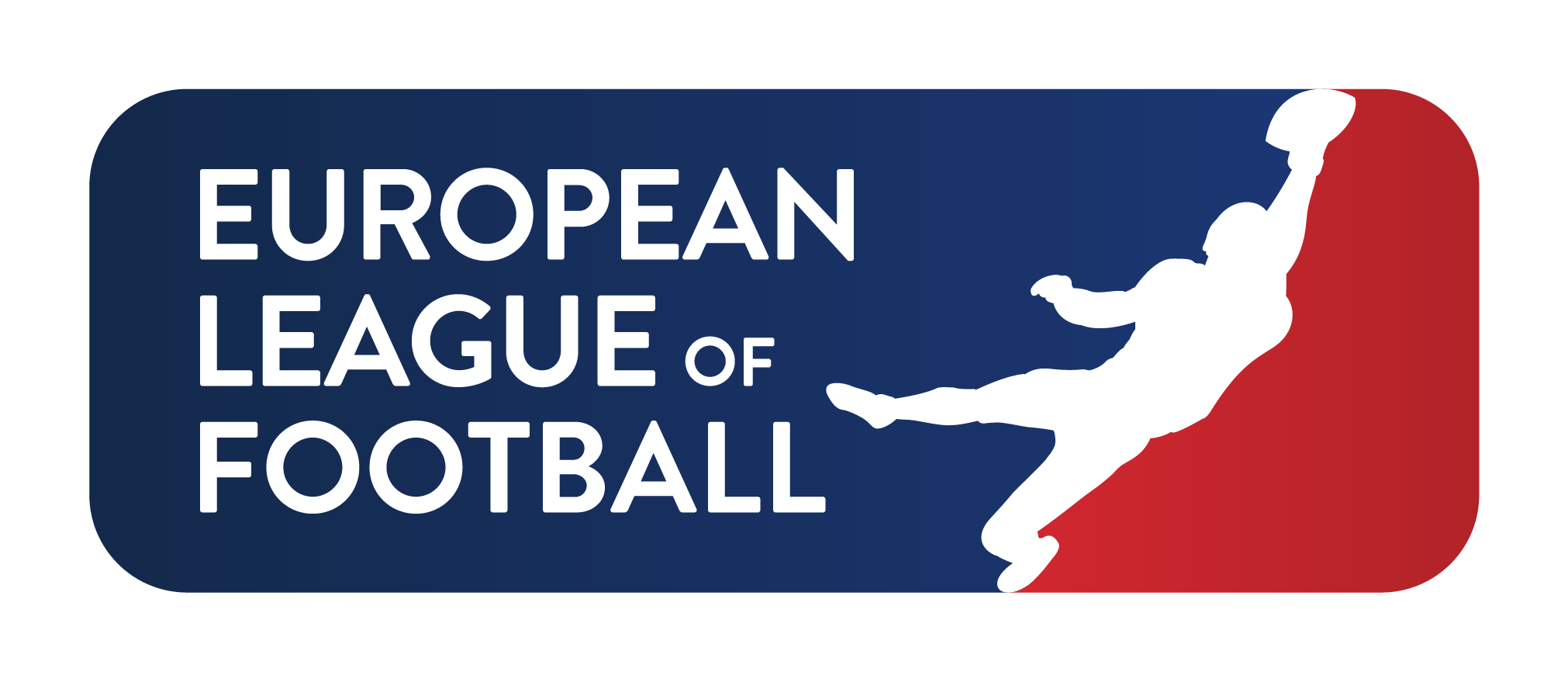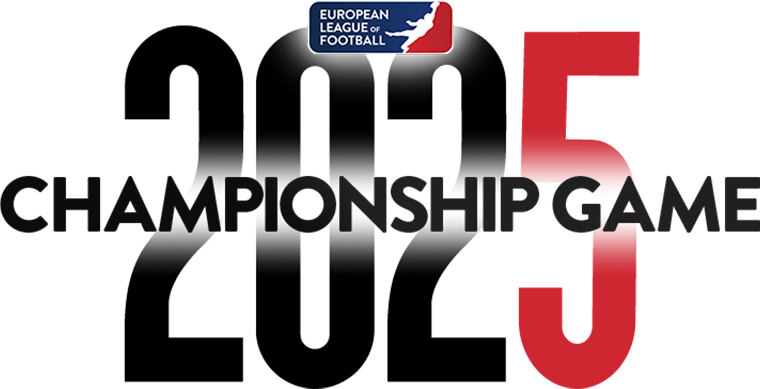Lots of advantages: Why ELF relies on remote production
ELF Communications
 © Jonas Wicker
© Jonas WickerThe European League of Football (ELF) is breaking new ground when it comes to live broadcasting. Instead of relying on large OB trucks and extensive on-site crews at every game, the league has embraced modern remote production. More than 70% of Season 5's games were produced remotely. This forward-looking approach not only leverages cutting-edge technology but also brings ecological, economic, and organizational advantages.
Sustainability as a core principle
The ELF is committed to minimizing its environmental footprint. Remote production drastically reduces the need for extensive travel by camera operators, audio engineers, and production crews. The heavy transport of trucks and technical equipment is no longer necessary, while power consumption on-site decreases thanks to less reliance on generators. Instead, the league utilizes IP- and cloud-based infrastructures, often powered by more efficient or renewable energy sources.
Cost efficiency and control
For a league operating across Europe, managing costs is essential. Remote production delivers significant savings on travel and accommodation expenses. The complex logistics of OB trucks are eliminated, as are the long set-up and dismantling times. Key functions such as directing, editing, graphics, and commentary can be centralized, which is particularly valuable when games are staged in more remote locations.
Greater flexibility for a growing league
The ELF is expanding rapidly, with more and more games scheduled in parallel. Remote production enables several events to be managed simultaneously from a central studio. Resources and teams can be utilized more efficiently, while IP networks provide redundancy and fast solutions in case of signal issues. Last-minute changes, such as weather delays, can also be handled more smoothly than with fixed OB truck operations.
Consistent quality across all channels
By moving away from varying on-site conditions, the ELF ensures a standardized production environment. Technical specialists and producers can work together centrally without the need for travel. This creates a consistent, high-quality broadcast product for both television and digital platforms - with the added benefit of quick access to highlights and social media content.
Improved working conditions for the crew
The decision also improves conditions for the production teams. Less travel means less stress and a better work-life balance. Unpredictable on-site challenges - from weather disruptions to cramped working spaces inside stadiums – are significantly reduced. This results in a more professional environment for everyone involved.
Conclusion
By choosing remote production, the European League of Football is demonstrating how a modern sports league can operate: efficient, sustainable, and future-oriented. The OB truck may have been the industry standard for decades, but the ELF is proving that the future of live broadcasting is already here.






